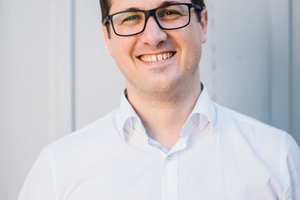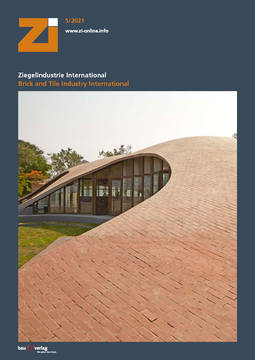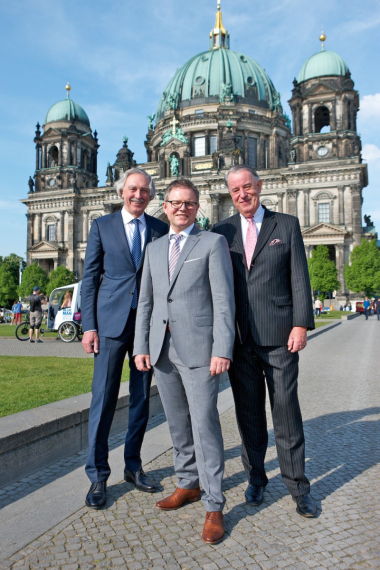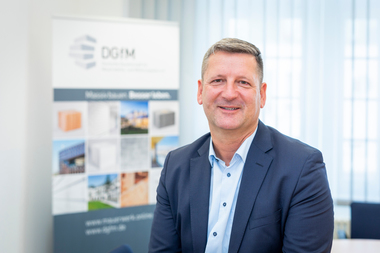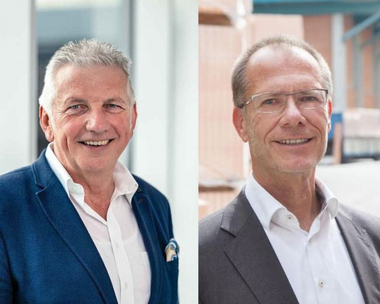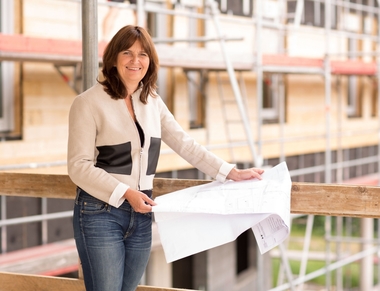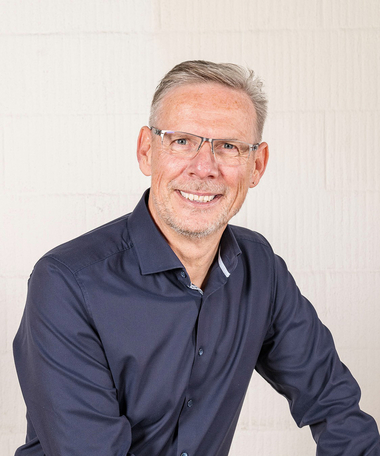New generation takes over leadership
Prof. Dr.-Ing. Eric Brehm is the new Chairman of the German Masonry Committee. He is supported by Dieter Heller (Secretary General of the Federal German Association of Lightweight Concrete) and Dr.-Ing. Sebastian Pohl (Managing Partner at Life Cycle Engineering Experts GmbH).
The chairman and his deputies were unanimously elected by the presidium at the end of June 2021. Prof. Brehm succeeds Dr Ronald Rast, who has headed the DAfM since its founding in 2018 in the first statutory electoral term. Together with his deputies Prof. Carl-Alexander Graubner and Michael Hölker, as well as the team of the DAfM office, he has set up and built up the DAfM. Under Rast’s direction, the committee has become established as acknowledged centre of expertise, which, with practice-oriented guidelines and publications, is creating the technical foundation for tomorrow’s masonry construction. “I thank Dr Rast for his tremendous work, which I want to follow up on and further develop the DAfM with my own impetus,” says Brehm.
Focus on future topics
Objective of the new DAfM leadership is to widen the spectrum of topics from classical construction topics in the direction of socially relevant future topics. “30 percent of CO2 emissions, 40 percent of energy consumption and 50 percent of waste can be put down to building construction. This results in a special responsibility for the entire construction sector, which we are committed to delivering on. With the know-how concentrated in the DAfM, we want to provide answers to the challenges of tomorrow,” Brehm emphasizes.
Masonry 5.0 and urban mining
Digitalization and sustainability are to be the focus of future research activities. Under the heading Masonry 5.0, the committee wants to actively push ahead with already ongoing projects on robotics and 3D printing. With regard to the circular economy, recycling and resource efficiency, model projects on urban mining and recyclable masonry structures are planned. And in anticipation of the expected construction transition in the forthcoming legislative term in Germany, the DAfM wants to work together with other institutions like the German Sustainable Building Council (DGNB) or Federal Institute for Research on Building, Urban Affairs and Spatial Development (BBSR) to draw up further proposals for a simplified sustainability rating.

